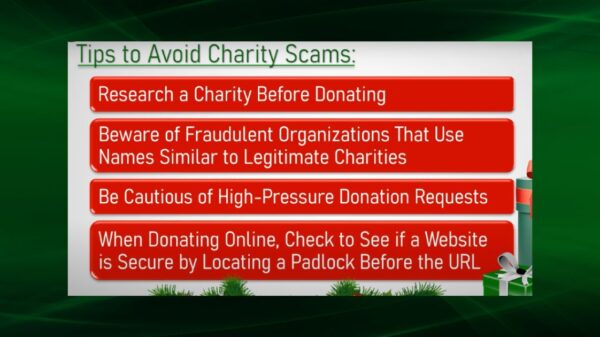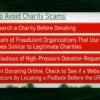This week, Florida Attorney General Ashley Moody issued a Consumer Alert warning Floridians of the possibility of a resurgence in stimulus payment scams as another round of direct payments from the federal government head to Florida.
As part of a massive COVID-19 relief package, direct payments from the Internal Revenue Service are headed to the bank accounts and mailboxes of millions of Floridians—creating the potential for new stimulus payment scams. Anytime a government benefit or program rolls out, scammers will try to exploit the situation for their own benefit.
“With many Americans set to receive direct payments from the federal government, we expect scammers will devise schemes to exploit the massive spending to trick recipients into parting with personal or financial information. Be smart. Seek out trusted sources of information about when your payment will be received and never respond to solicitations asking you to provide personal information or payment to receive a stimulus check,” Moody said.
Floridians expecting stimulus payments should know:
-
- The IRS will never call a consumer directly, nor will the IRS send unsolicited emails, texts or social media messages;
- Recipients will not be required to make a purchase to receive a stimulus check;
- Offers advertising expedited delivery of the stimulus payment for a fee are suspicious and can be scams; and
- Solicitations asking receivers to click a link or provide sensitive information are probably scams.
Some common signs of scams include:
-
- Unsolicited calls or emails;
- High-pressure tactics or too-good-to-be-true offers;
- Threats of loss if immediate action is not taken; and
- Requests for immediate payment by wire transfer, credit, prepaid debit or gift cards.
















